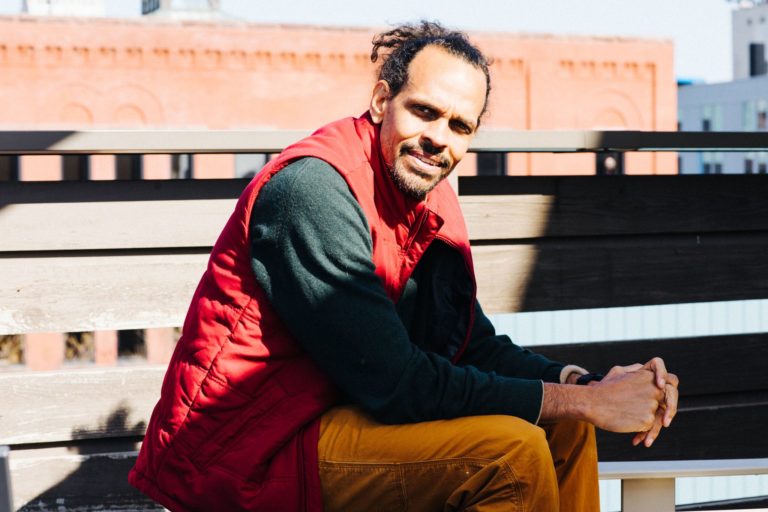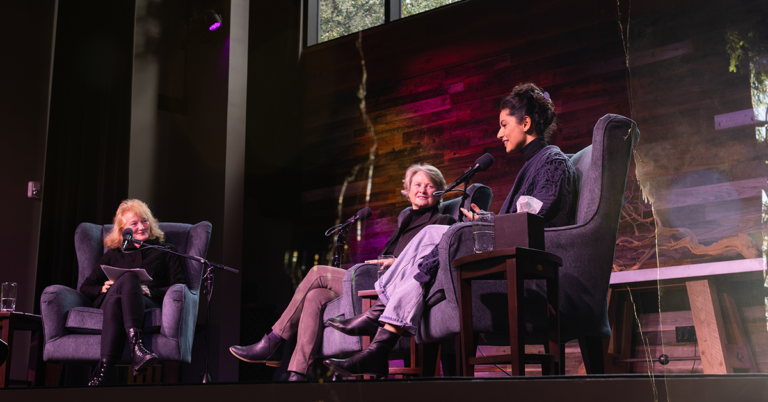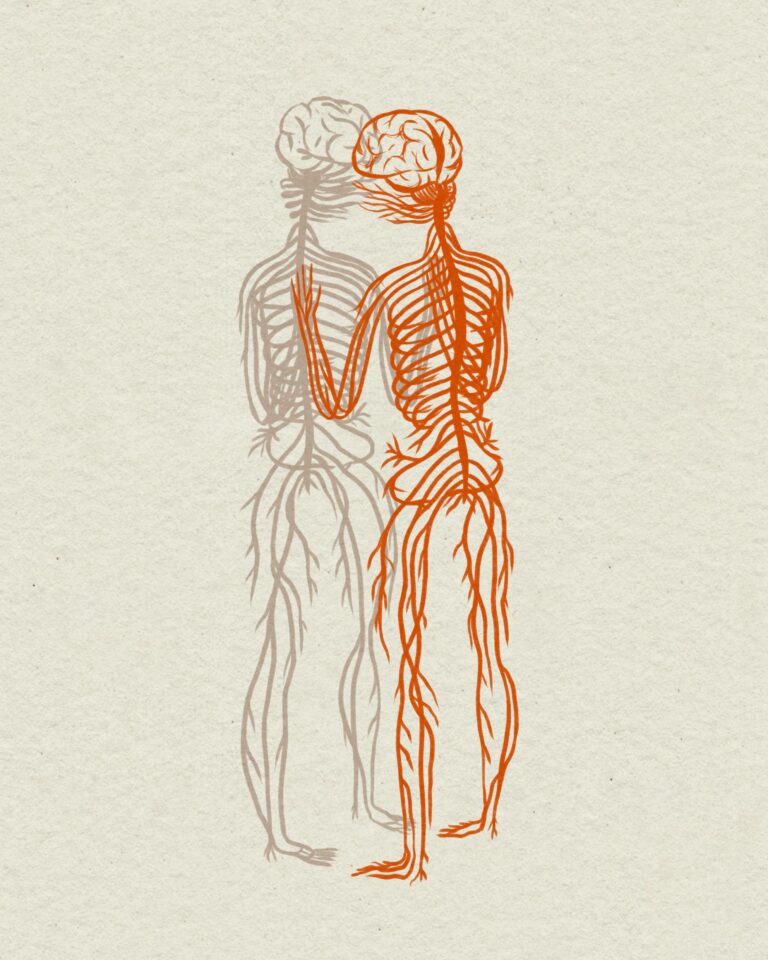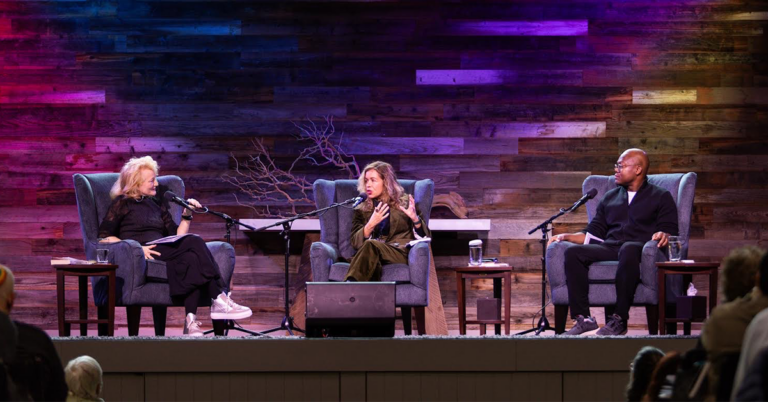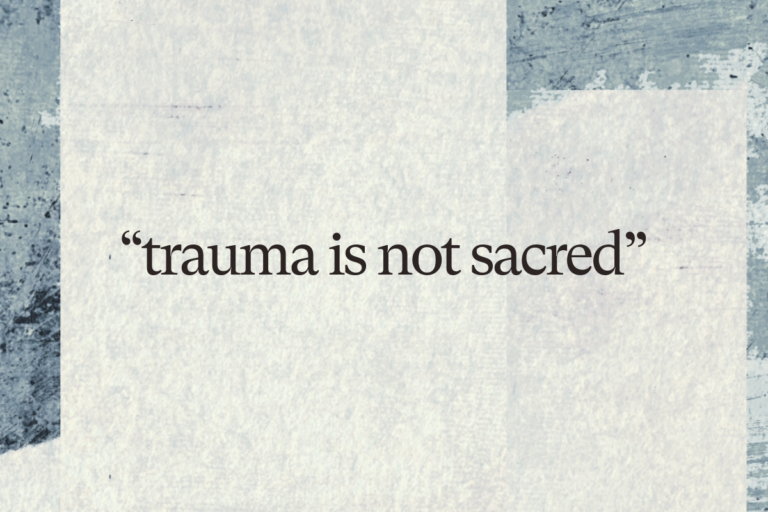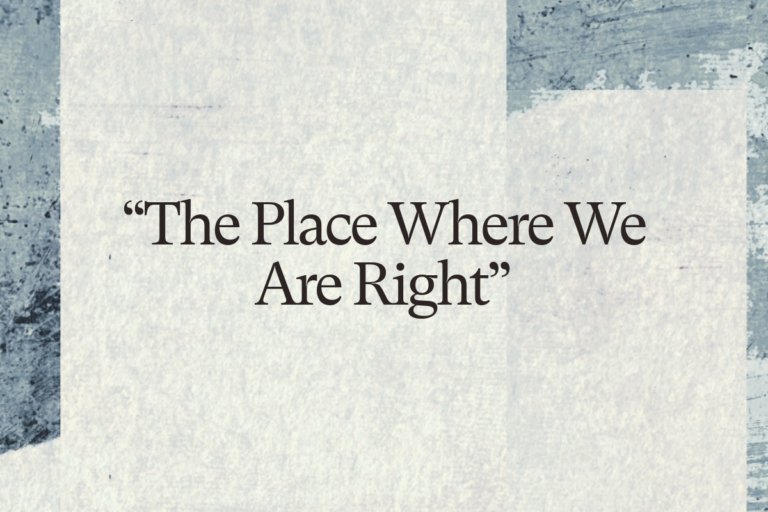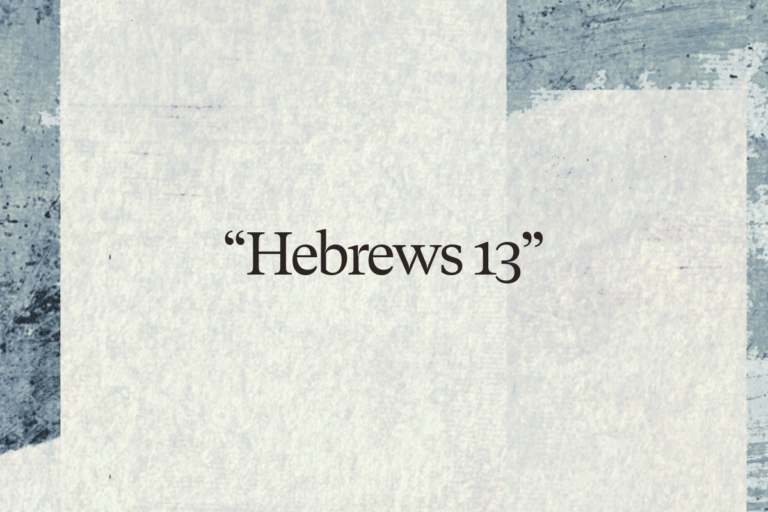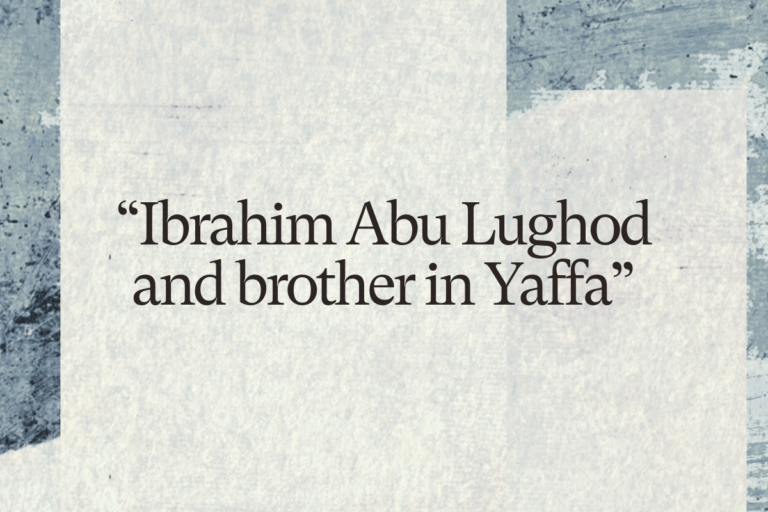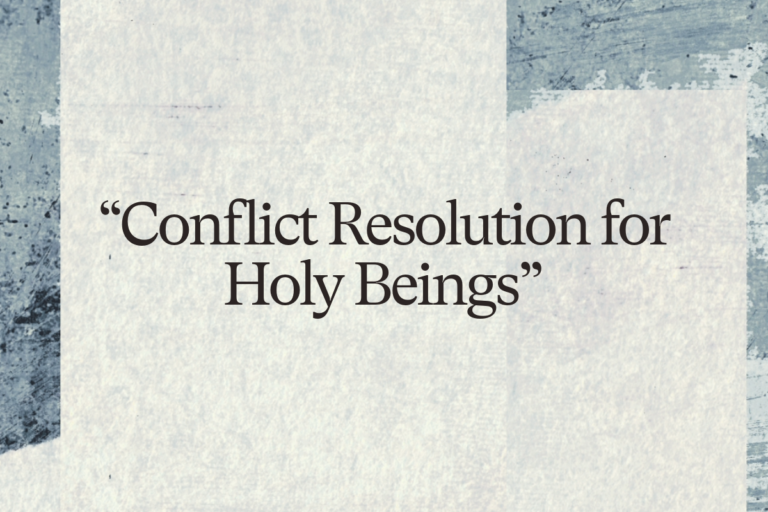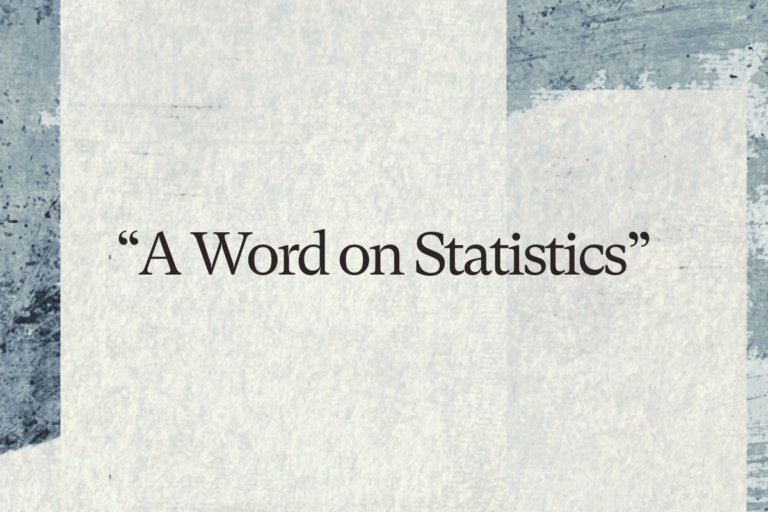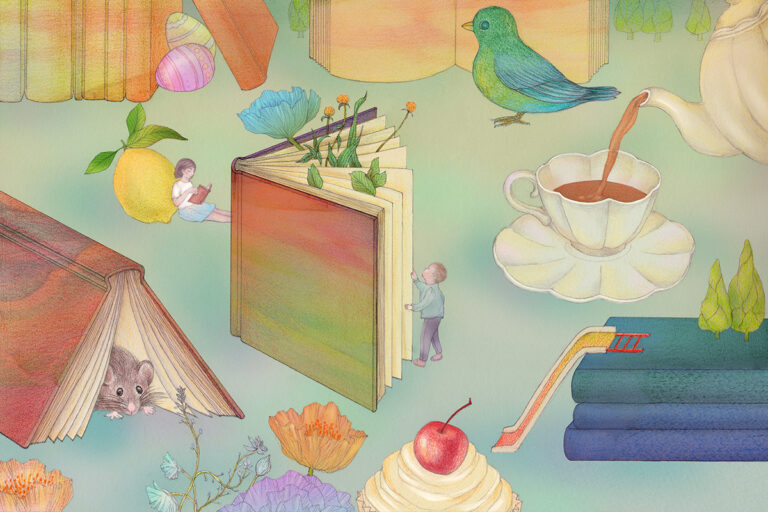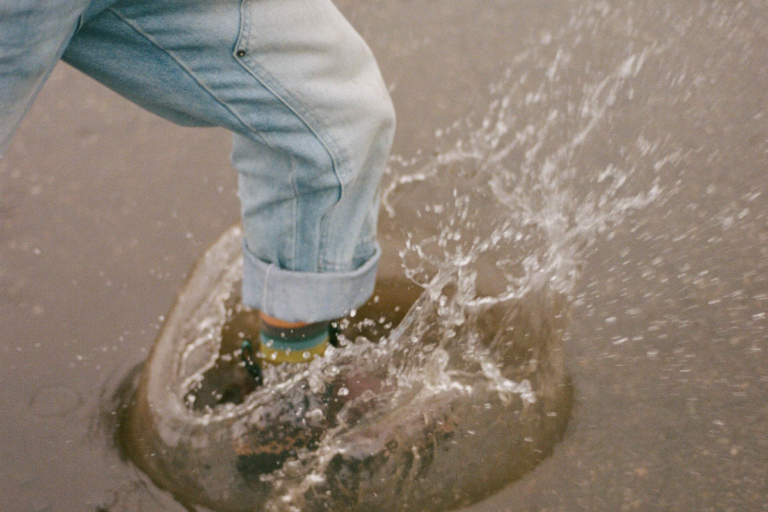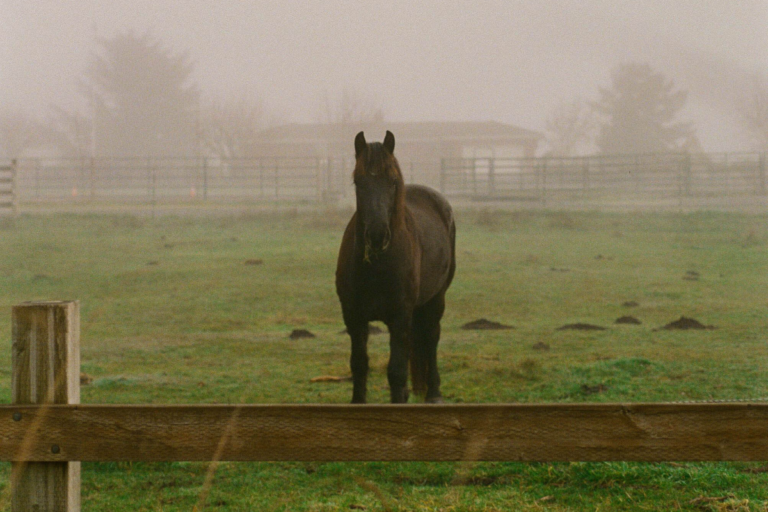In our world of so much suffering, it can feel hard or wrong to invoke the word “joy.” Yet joy has been one of the most insistent, recurrent rallying cries in almost every life-giving conversation that Krista has had across recent months and years, even and especially with people on the front lines of humanity’s struggles.
Ross Gay helps illuminate this paradox and turn it into a muscle.
We are good at fighting, as he puts it, and not as good at holding in our imaginations what is to be adored and preserved and exalted — advocating for what we love, for what we find beautiful and necessary. But without this, he says, we cannot speak meaningfully even about our longings for a more just world, a more whole existence for all. To understand that we are all suffering — and so to practice tenderness and mercy — is a quality of what Ross calls “adult joy.” Starting with his cherished essay collection The Book of Delights, he began to accompany many in an everyday spiritual discipline of practicing delight and cultivating joy.


